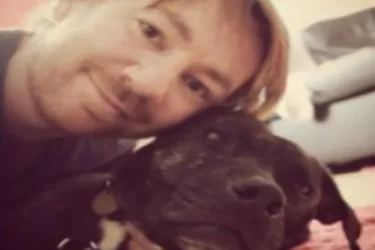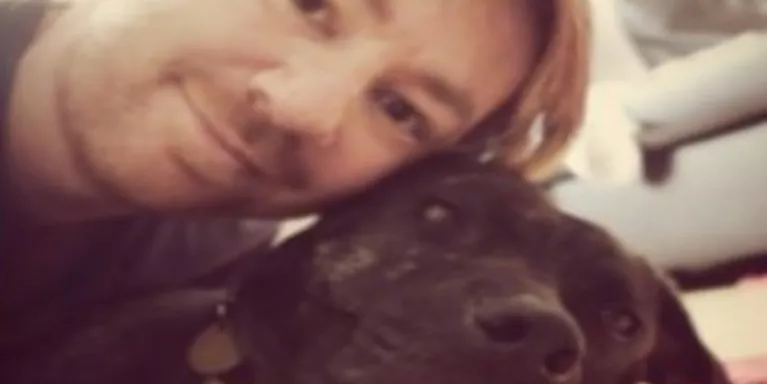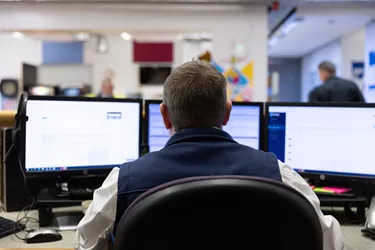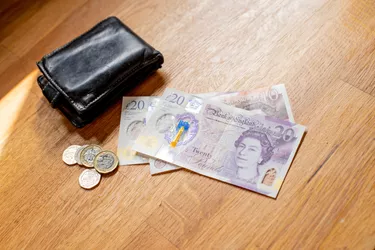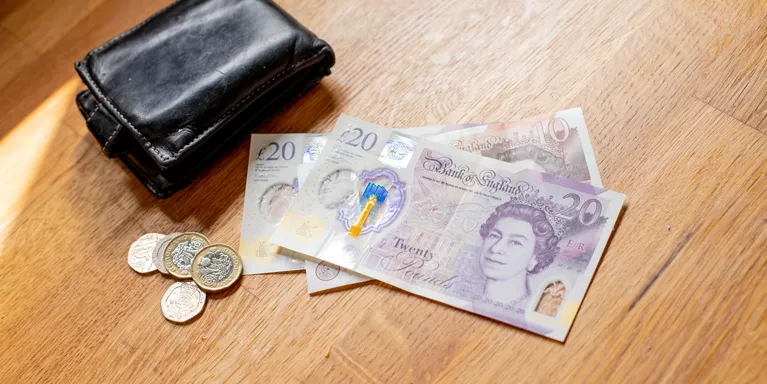A breakdown, benefits, debt and brown envelopes
After Lily had a breakdown, opening post about her benefits and bills gave her panic attacks. She blogs about what happened and what she wishes she'd known.
By the time they lost my doctor’s note, I’d stopped opening the letters. Brown envelope after brown envelope dropped on the mat. None of them seemed to say anything helpful. Reading them wasn’t worth the panic attacks it caused, so I stopped.
"Brown envelope after brown envelope dropped on the mat. None of them seemed to say anything helpful."
Eventually I asked my husband to open them. That’s when I found out they’d lost my doctor’s note. I called to ask what I should do. What if I couldn’t get another note? “We’ve told you this already,” the advisor on the phone line snapped.
The person who processed my benefits claim had been really kind. Phone calls were a struggle, but I just couldn’t face filling in the forms myself. “I’ve been signed off with anxiety and panic. I had a breakdown,” I said. He told me he knew how hard that was, that lots of people had similar problems. He talked to me like I was human. But not this time.
"Phone calls were a struggle, but I just couldn’t face filling in the forms myself."
A friend helped me contact my MP, as they can help if you have problems with benefits. Once they got involved, the Department for Work & Pensions (DWP) called and left a voicemail saying sorry. They said they’d found my doctor’s note and everything was sorted.
But the damage was done. I kept panicking that something else would go wrong.
I’d been self-employed when I had a breakdown. I didn’t know being self-employed would affect the benefits I could get. I couldn’t claim income-based Employment & Support Allowance (ESA). I got around £71 a week from contributory ESA, which was taxable (unlike the income-based kind).
"I kept panicking that something else would go wrong."
Because I was self-employed and had a working partner, I couldn’t get any help with things like rent, council tax, prescriptions or dentist appointments, even though my husband was on a low income that wouldn’t cover all our bills.
I’m estranged from my birth family and my husband’s relatives aren’t well-off, so there wasn’t anyone we could ask for help. I had a few savings but they ran out quickly. I was too unwell to work, but couldn’t afford to stay off.
I was struggling with suicidal feelings and needed therapy. I ended up paying privately because the waiting list was so long. I found a therapist who took a lower fee, but it was still something else to pay for.
Before long, I had swapped my savings for mounting credit card bills and taken out two personal loans.
I couldn’t open any of those envelopes, either.
The more I worried about money, the more unwell I got. That made it harder to work, which made me panic more about money.
Some of my debts came from things I needed, like therapy. But I also spent more money when I was ill. And I think therapy would’ve helped faster if I hadn’t had money worries.
"The more I worried about money, the more unwell I got. That made it harder to work, which made me panic more about money."
I had another breakdown. When I thought about trying to claim benefits again, I felt suicidal. My husband was afraid I wouldn’t cope if I tried to claim again. He said my health was more important than the money. That was hard to believe when the envelopes kept coming.
I felt so guilty about being in debt. I kept torturing myself with thoughts of how much money I’d wasted. My husband didn’t know how much credit card debt I’d run up. I kept moving my debts to new cards with 0% rates, until I stopped passing the credit checks.
Things changed when I called the charity StepChange. My debts weren’t enough of a problem to need a Debt Relief Order, but they still felt unsolvable. They put me through to a debt advisor and I spent the next five minutes crying into the phone.
I’ll never forget what she told me. “You’re in debt. That doesn’t mean you’re a bad person.”
They helped me work out a budget and emailed it to me. I still felt ashamed of the money I’d spent. It took me a long time to tell my husband how much I owed. He said it was worth it. It wasn’t the best way to cope, but at least I’m still here.
I wish I’d known sooner that getting into debt can be part of having a mental health problem. And I wish I’d been less scared to ask for help.
I’m still making repayments, but at least now I can open my post without panicking.


Information and support
When you’re living with a mental health problem, or supporting someone who is, having access to the right information - about a condition, treatment options, or practical issues - is vital. Visit our information pages to find out more.
Share your story with others
Blogs and stories can show that people with mental health problems are cared about, understood and listened to. We can use it to challenge the status quo and change attitudes.












